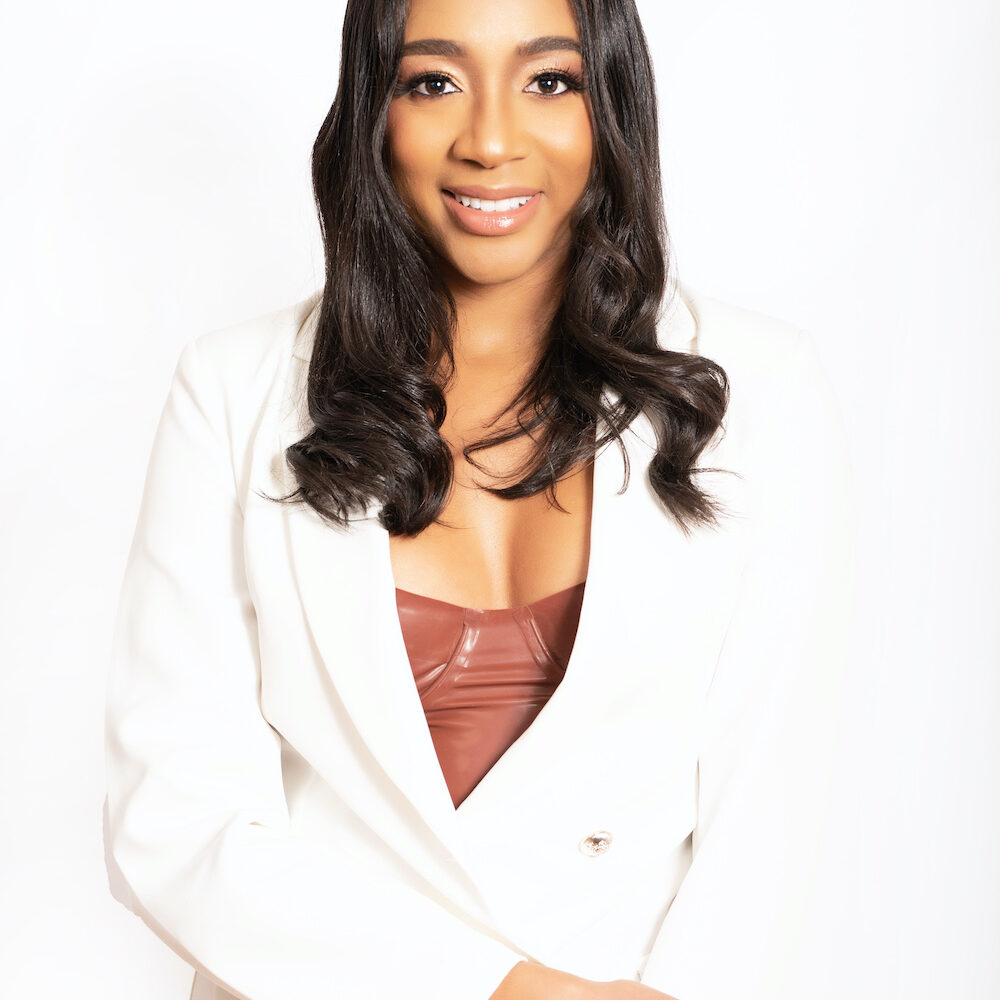
Why Samara Walker Doesn’t Want Her Brand Àuda.B Limited To Black-Owned Sections At Retailers
Samara Walker’s vegan nail polish brand Àuda.B landed on many lists of Black-owned brands in 2020, and she inked wholesale partnerships with Nordstrom and Francesca’s shortly after. But Walker was wary of retailers’ sudden interest in Black-owned brands and resisted their push to silo Àuda.B in Black-owned sections within beauty assortments. Here, she tells us why.
I was inspired to start Àuda.B because, at that time, there was really no space for women of color in beauty. There were always startup brands and smaller brands, but Fenty really kicked it off because Rihanna has the power to move and shake things. I felt like there was still a white space in the industry. Women of color weren’t being highlighted in luxury markets like your Neiman Marcus, Nordstrom, Saks. Those weren’t the places that women of color would go to buy luxury brands, especially when we’re talking about clean beauty or vegan beauty. There was a whole stigma around them being dull, boring, not fashion-forward and not something that we want. There was a disconnect. The whole point of Àuda.B was to really bridge that gap and say you can have both. You no longer have to sacrifice your health for beauty.
The idea derived from my mother who is a nail enthusiast. She raised my brother, sister and I as a single mom, and every Sunday she did her nails. Back then, no single mom called that self-care. That was just something that she did. As I grew older, I adopted the same behavior in college. I would go buy the latest OPI polishes and get my nails done. Giving yourself grace for 30 minutes or 15 minutes and doing something for you really changes your whole mood. My mother struggles with mental health illness, so seeing how that really gave her a sense of pride is what I thought was missing in the industry.
Beauty is really focused on how you look on the exterior, and I wanted people to feel empowered from within. I always say Àuda.B is for the audacious, for the bold. Obviously, the colors are bright and fabulous and metallic and that’s amazing, but I really want you to feel like you can be who you want to be with Àuda.B. Our slogan is, “”You Àuda.B bold, you Àuda.B fierce, you Àuda.B who you are.” Show up as your best self when it comes to Àuda.B because there’s always going to be something for you.
When the pandemic happened, it was like the perfect storm. We already had a customer base, I knew some editors, and I’d done some accelerator programs. We did Beautycon in 2019, where we met all of these buyers who reached back out to us in 2020. That’s how we got Francesca’s and then we got Nordstrom, who we had talked to before the pandemic really hit. We had already been in the industry a little bit, so when people started realizing the need for and value of Black-owned brands, it really put us on a pedestal.
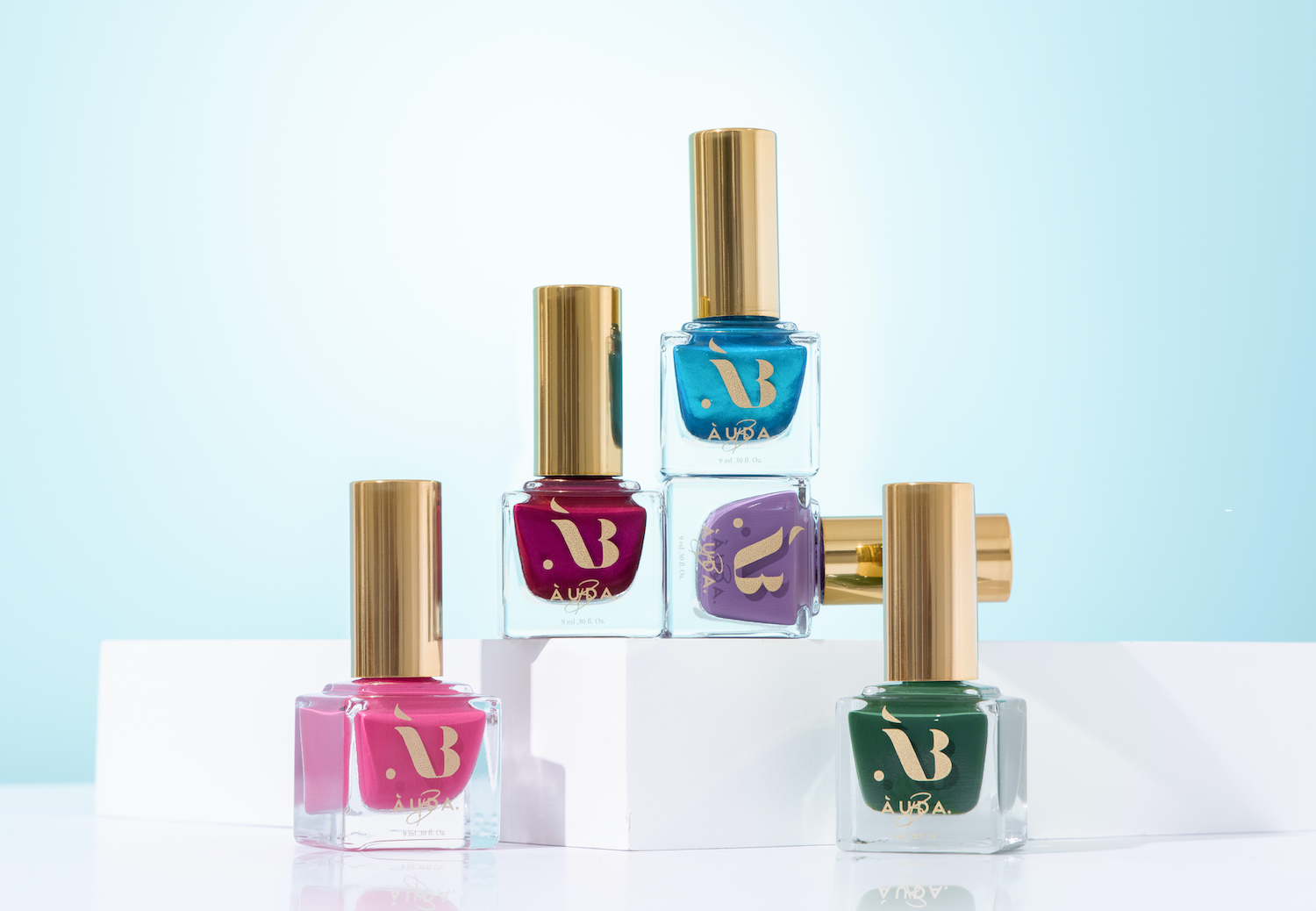
It was important for me that we’re in a section where we can be discovered by everyone because we are for everyone. We are for the LGBTQ community, women, men. Whoever wants to shop with Àuda.B, that is our core customer. A misconception by some consumers is that, well, if this is a Black-owned brand for Black consumers, then this might not be for me. If I go to Target and they happen to have a section of Asian-owned brands, my ignorance might tell me that this is only for Asian women. As a founder, you can’t really control the customer’s narrative, but you can control how you position your brand.
With Nordstrom, they were doing a lot of curation around diverse brands, and they had pop-ups in their store. I didn’t want to necessarily be placed in that pop-up section unless I was going to be there and alongside the beauty gurus in the other aisle. I wanted to be placed next to Chanel and Dior because, for Black-owned brands, we don’t have a lot of brand awareness. We don’t have a lot of capital. If we’re bootstrapping or if we only raise $500,000, our marketing dollars are very limited. If a customer is going to a store to discover nail brands in general, they’re going over to the nail section.
If I’m only propped in the Black-owned section and this person is looking for nail polish, now they’re missing the opportunity to find Àuda.B. If you are putting us in a section where consumers can miss the discovery, then that is a downfall for us as a brand because we don’t have the brand awareness to be discovered. I want retailers to put us in the section where all the other brands are aligned. Maybe there’s a sticker that says Black-owned or maybe the consumer goes on the website and finds out that it’s Black-owned or maybe it’s something as simple as highlighting the founders at the beginning of the aisle. I don’t want to be pigeonholed into one section because we want to be discovered. We want to be placed among the prestige brands because that’s how we’re going to be found.
Maybe if the pandemic didn’t happen, my thought process would be a little bit different, but, because of everything that was happening with the 15% Pledge retailers were taking, some of the reach out didn’t feel authentic or genuine and like they were really interested in my brand. It’s like at corporations when they have to meet their 2% diversity quota. I didn’t want to be a part of an initiative or quota or propaganda, I really wanted the retailer to see our true value.

Francesca’s and Nordstrom totally understood where I was coming from. I’m sure not a lot of founders at that time were open and felt comfortable enough to speak up because this was a huge opportunity for them. It’s like, I don’t want to shoot myself in the foot and say I don’t want be in this Black-owned section if that’s the only section that they’re trying to get product for. But my whole long game as a founder is to not play for the moments, but to play for the long term. So, if this is an initiative and these stores only have X amount of dollars for X amount of time, once the initiative is over or once the funding is done, and you’re not meeting your share or your sell-through rate, whatever the metrics are, then they’re going to say, well, you know, we tried.
A lot of people during the pandemic were like, the product is Black-owned, so I’m going to support it, but the product also has to be able to stand on its own. Our products stand on their own. I am the founder that created this amazing product, and I happen to be Black. There might be a time when, as the founder, you might be removed from the brand. You might reach a different step in your career where VPs step in, and you might not be able to be physically present. So, your brand has to produce a quality product.
That was my whole point of being among the prestigious brands and not being siloed as only Black-owned because what else do we have to offer besides being Black-owned? A lot of my conversation with buyers is that, yes, we’re Black-owned and that’s great that you guys want to focus on that, but I want you guys to really see the true value in our products. Àuda.B is a real, authentic, genuine, amazing product that I created with a lot of my hard-earned money. It’s just as good as all of the other brands because we’ve put in as much time and dedication and passion and vision. I just don’t want Black-owned brands to be taken for granted or diminished because we’re treated as charity.
“If you are putting us in a section where consumers can miss the discovery, then that is a downfall for us as a brand because we don’t have the brand awareness to be discovered.”
There has been a shift in people recognizing the value of Black-owned brands only because that value is associated with metrics and dollars. People do realize that diverse brands and women founders can be strong. We can create these brands that are very valuable, that can bring us high returns and millions and billions of dollars. But when you think about brands that are not Black-owned, they’re not necessarily associated with metrics and dollars. They’re associated with who the founder is. What is their background? What are they gonna bring to this industry?
Most brands raise money before they can actually curate a product and curate traction, but, for a lot of Black-owned brands, we have to curate the product, curate the traction, curate the value, bootstrap, get investors. There’s a totally different playing field for Black-owned brands versus other founders that may not be Black. Then, when you bring it down to women, obviously, we’re kind of chopping that in half because women founders have it the hardest. No matter their race, women founders have a hard time raising capital.
When it comes to the stores, I think Ulta is doing a lot. I know Sephora is doing a lot with its accelerator program. I do think stores are trying to do their best. I only can speak from my experience, and Nordstrom and Francesca’s have done a phenomenal job. Being in a store goes beyond just getting placement, especially if you’re a small or Black-owned brand that doesn’t have funding. If we don’t have the right team and the right marketing dollars, we might not be successful. That part is missing and there’s a learning curve, but a lot of retailers are trying to do their best with helping these brands that they do onboard get the right support so they can be successful.
I am a Black woman, so obviously I’m going to support Black people because I’m a Black founder. People have to understand what every founder’s goal is. I’m not starting a business only for Black people to shop at Àuda.B. I don’t want to create segregation or isolation. I can’t speak for the majority, but I can speak for myself and that’s my vision. My goal as a Black founder is to create inclusivity and diversity, and that is across all races and all identities.

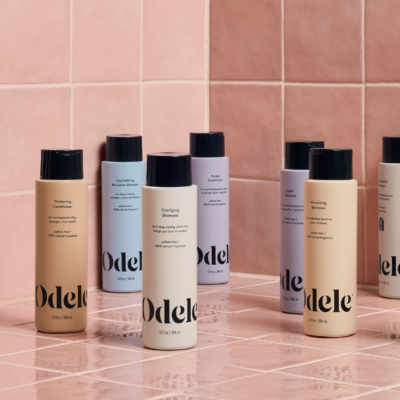
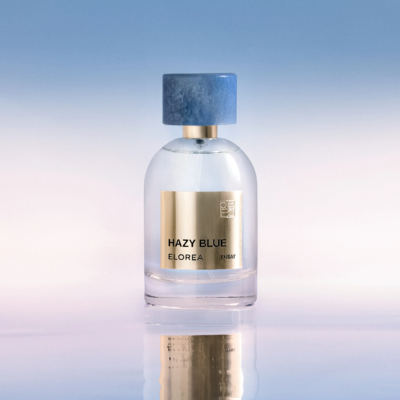
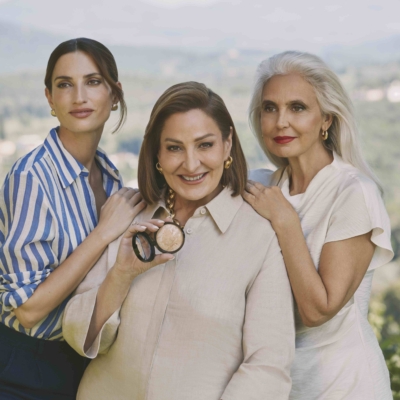
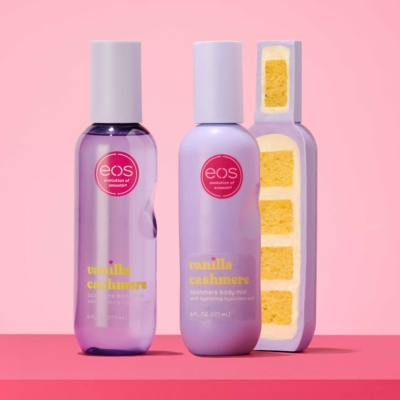
Leave a Reply
You must be logged in to post a comment.